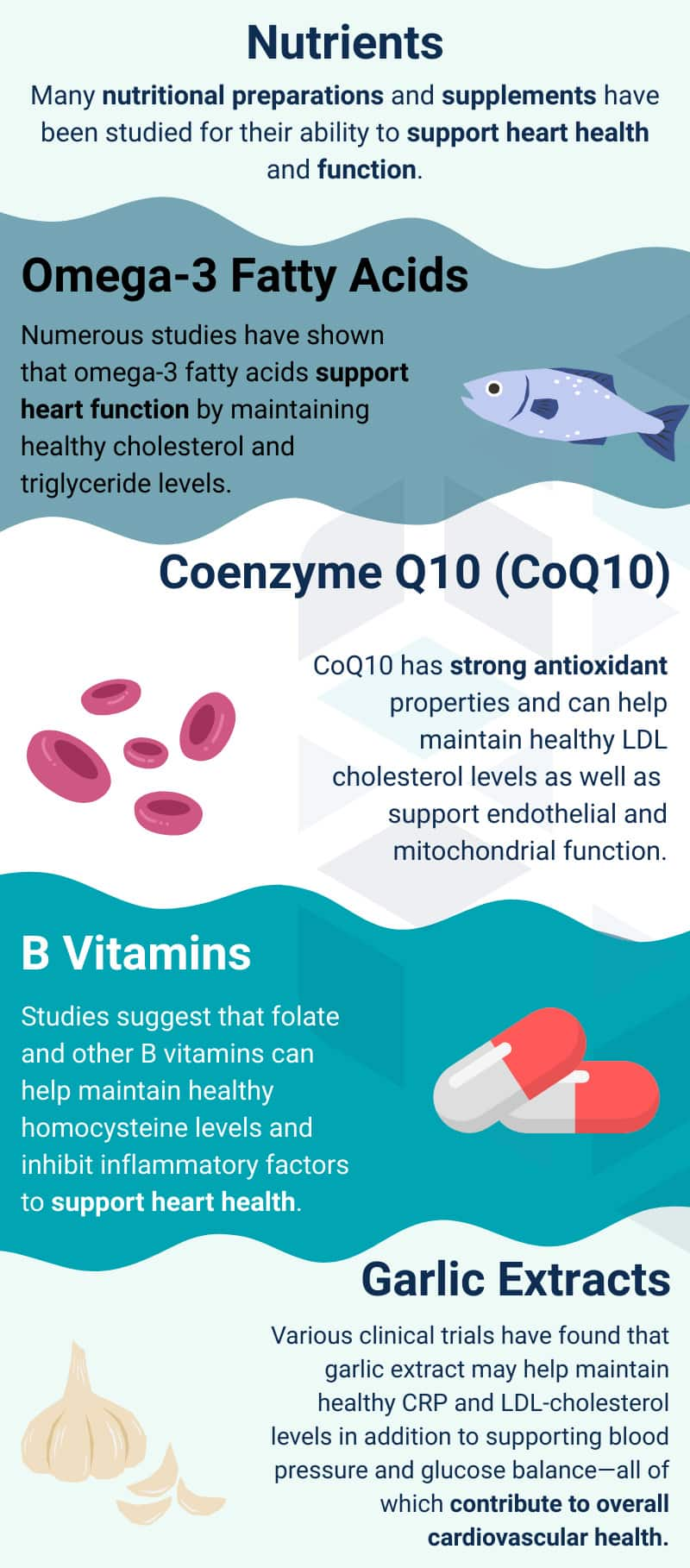
Could a cup of cocoa be your optimal safeguard against the hazards of desk work? A recent investigation from the University of Birmingham indicates that ingesting flavanol-rich cocoa can avert temporary blood vessel impairment that arises after extended sitting, even among fit young males.
Contemporary life often keeps us in a seated position for extended periods, and that inactivity affects our arteries. Merely two hours of continuous sitting can diminish blood vessel elasticity, a state associated with increased risks of heart attack and stroke. The study, published in *The Journal of Physiology*, examined whether dietary flavanols—plant compounds present in cocoa, tea, and berries—might mitigate this deterioration.
## How Cocoa Mitigated Vascular Stress
Forty healthy young males took part in the randomized, double-blind study. Each consumed either a high-flavanol cocoa drink (with 695 mg of total flavanols) or a low-flavanol alternative (only 5.6 mg) prior to sitting for two hours. Researchers subsequently assessed flow-mediated dilatation (FMD), a non-invasive measure of blood vessel flexibility, in both arm and leg arteries.
The findings were remarkable. Participants who had the low-flavanol cocoa demonstrated significant drops in vascular function in both limbs. In contrast, those who had the high-flavanol cocoa displayed no decline whatsoever. The protective effect was evident in both high- and low-fitness participants, indicating that physical fitness alone does not protect arteries from the impacts of prolonged sitting.
> “Our experiment shows that higher fitness levels do not prevent the temporary decline of vascular function caused by sitting when only consuming low-flavanol cocoa,” remarked co-author Dr Sam Lucas. “Crucially, after the high-flavanol drink, both more fit and less fit participants maintained their FMD levels as they were before sitting for two hours.”
This result underscores how nutrition can serve as a focused safeguard against sedentary habits—a notion that might have ramifications far beyond this scientific inquiry.
## Easy Dietary Adjustment, Tangible Gain
While the notion of sipping chocolate as a means of heart protection may appear indulgent, the evidence is clear on what is most significant: the flavanols. These polyphenols, particularly (−)-epicatechin, are recognized for enhancing nitric oxide availability in the endothelium, aiding arteries in relaxing and sustaining healthy blood circulation.
The study also revealed that cardiovascular fitness did not alter the efficacy of flavanols. Both fit and less fit participants enjoyed the same advantages, meaning that anyone could potentially benefit from flavanol-rich food to alleviate vascular strain during lengthy sedentary phases.
Lead author Dr Catarina Rendeiro stated that the intervention could be straightforwardly integrated into daily life. She suggested opting for natural or minimally processed cocoa products instead of heavily alkalized versions, which destroy flavanols. For those who are not particularly fond of cocoa, other choices include apples, plums, berries, along with both green and black tea.
> “Considering how prevalent sedentary lifestyles have become and the elevated risk this poses to vascular health, utilizing flavanol-rich food and drink, particularly alongside breaking up periods of inactivity with a short walk or standing, could be an effective method to improve long-term health,” asserted Dr Rendeiro.
As the researchers emphasize, it requires only a modest effort to reap the rewards. A single daily portion of high-flavanol cocoa or similar foods could help sustain endothelial function and shield against the vascular stress that accumulates when we remain seated for too long. While movement continues to be the gold standard for circulation, this study offers a comforting perspective: sometimes, prevention can be as enjoyable as a warm cup of cocoa.
[The Journal of Physiology: 10.1113/JP289038](https://doi.org/10.1113/JP289038)
**There’s no paywall here**
*If our reporting has enlightened or inspired you, please contemplate making a donation. Every contribution, no matter how small, empowers us to persist in providing precise, engaging, and reliable science and medical news. Independent journalism necessitates time, effort, and resources—your assistance guarantees we can continue uncovering the stories that are of utmost importance to you.*
Join us in making knowledge accessible and impactful. Thank you for supporting us!